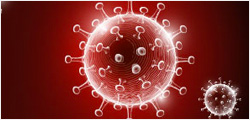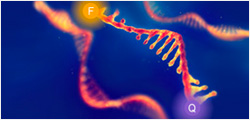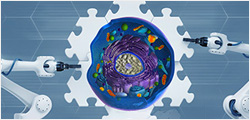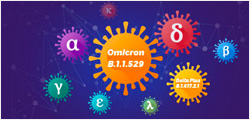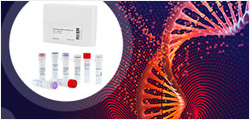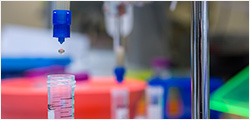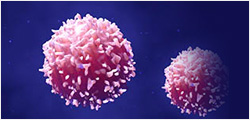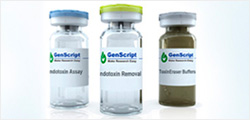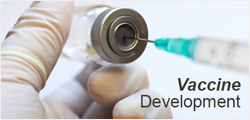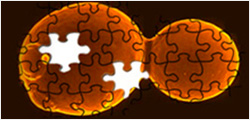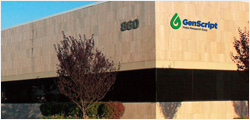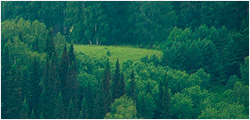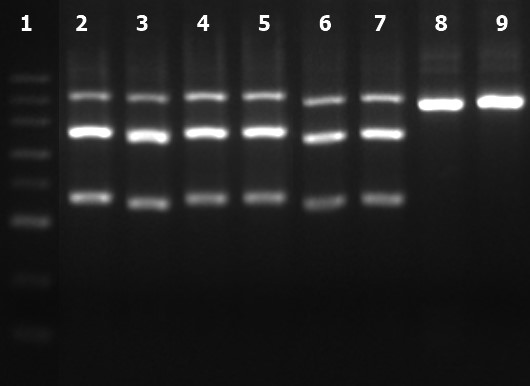
In vitro DNA cleavage assay with Z03469.
Reactions were set up according to recommended conditions, and cleavage products were resolved on a 1.5% agarose gel. Input DNA is linearized pUC57 plasmid DNA. The cleavage efficiency of Z03469 is comparable to competitors.
Lane 1, marker;
Lane 2-3, DNA + gRNA + IDT;
Lane 4-5, DNA + gRNA + Merck;
Lane 6-7, DNA + gRNA + Z03469;
Lane 8-9, negative control.
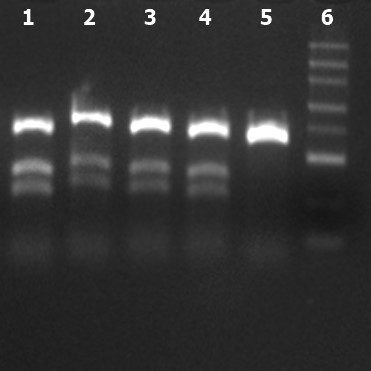
In vivo gene editing efficiency assay of Z03469:
Cas9 and gRNA were transfected into THP1 cells by electroporation. Cells were lysed after 48h and analyzed by T7E1 assay. The editing efficiency of Z03469 is higher than competitors.
Lane 1, gRNA + Z03469;
Lane 2, gRNA + Merck;
Lane 3, gRNA + IDT;
Lane 4, gRNA + Thermo;
Lane 5, negative control;
Lane 6, marker.
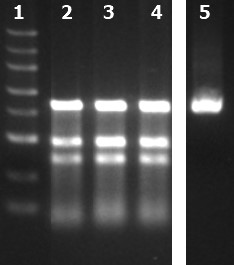
In vivo gene editing efficiency assay of Z03469:
Cas9 and gRNA were transfected into 293T cells by liposome. Cells were lysed after 48h and analyzed by T7E1 assay. The editing efficiency of Z03469 is comparable to competitors.
Lane 1, marker;
Lane 2, gRNA + Z03469;
Lane 3, gRNA + Merck;
Lane 4, gRNA + IDT;
Lane 5, negative control.
GenCrispr NLS-Cas9-NLS Nuclease
| Z03469 | |
|
|
|
| ¥34,075.00 | |
|
|
|
|
|
|
| Ask us a question | |
